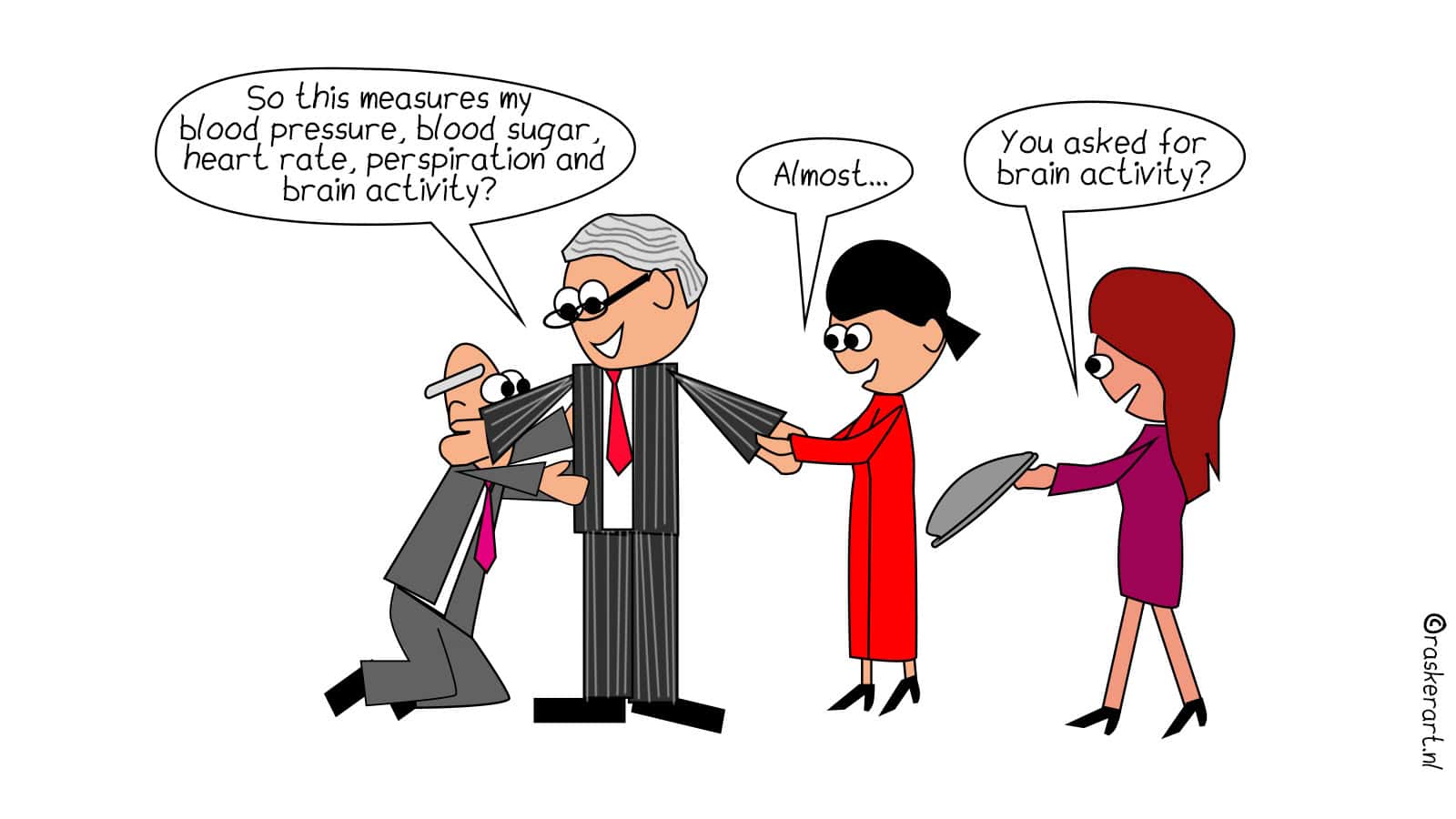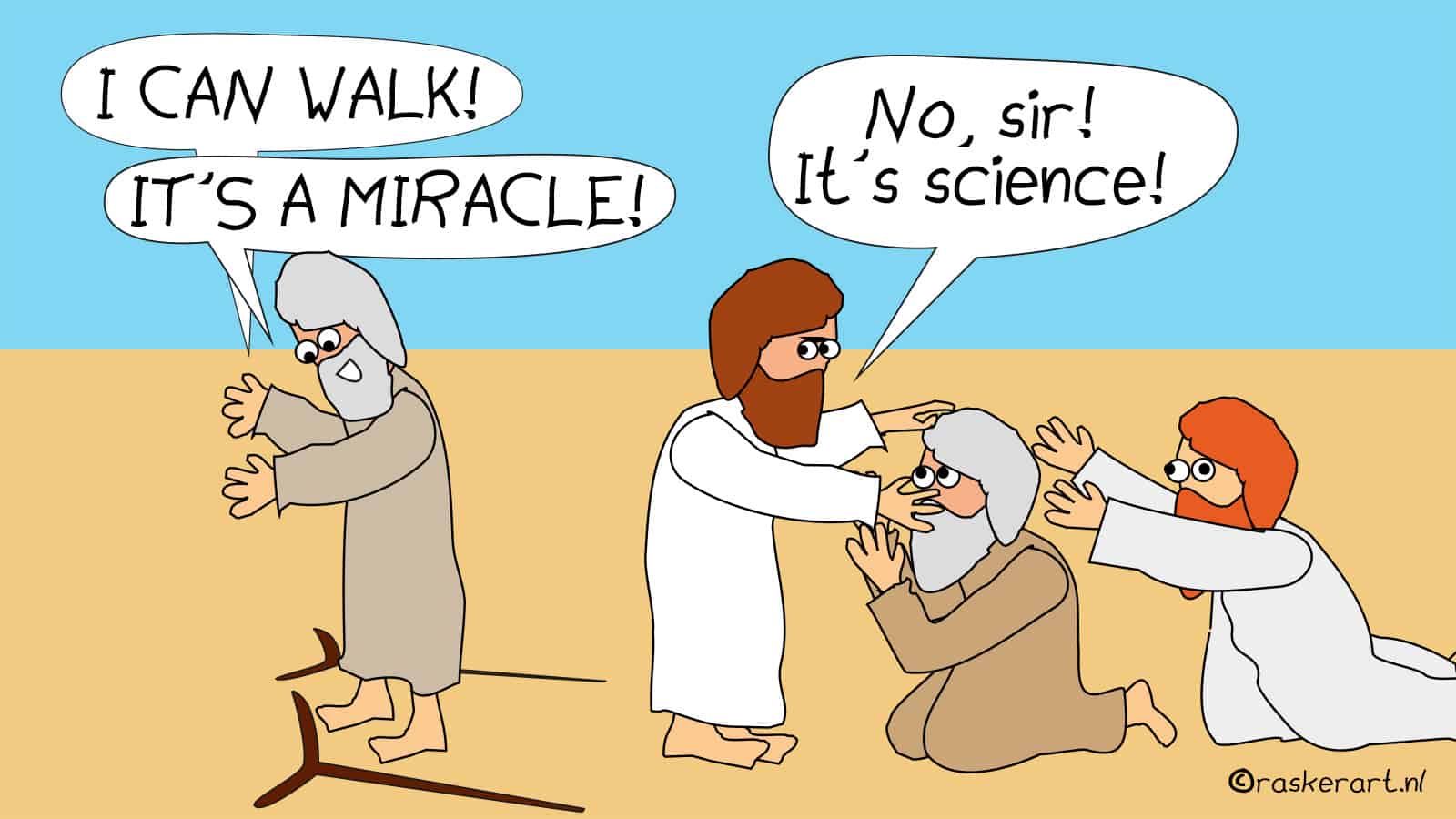
Astongate? Yes, absolutely. Here’s what happened: Last week, several English news sites headlined a study that apparently showed that electric cars are greener than traditional cars only after 50,000 miles – i. e. more than 80,000 kilometers. With an average of about 13,000 kilometers per year, it would take about six years in the Netherlands before CO2 emissions would be paid back. – Not true! But more on that later.
What is worth noting is that the research was sponsored by Aston Martin, Bosch, Honda, and McLaren. Companies that are not exactly eager to electrify mobility. When Auke first saw the research last weekend, all flags turned red. “Research? I’d rather call it a brochure of a bunch of numbers thrown together to steer the discussion in the wrong direction. I haven’t yet been able to find out which researchers might have contributed to this. It seems that several anti-EV lobby clubs have been swapping arguments and then bundled them all up together. We have also seen similar tactics from the tobacco industry that were aimed at slowing down legislation.”
Debunker-in-Chief
Auke would not be Auke without debunking this ‘brochure.’ It’s not for nothing that he goes through life on Twitter as the Debunker-in-Chief. According to Auke’s calculations, those 48 thousand miles – or 77 thousand kilometers – are not correct. He calculates that after 16,000 miles -just over 25,000 kilometers – an EV is much greener than a traditional internal combustion engine. “It takes a while to earn back the emissions from production, but this research – if you can call it that – is bullshit. The authors use figures from Polestar, a Volvo subsidiary. They compared the Polestar 2 with the Volvo XC40 that’s got an internal combustion engine. They simply copied this in the ‘new’ report and pretend that this is true for every electric car.”
That’s not all, according to him: “They underestimate combustion engine emissions and paint to rosy a picture of them. They also ignore the fact that the energy mix is becoming cleaner and fail to take into account the CO2 emissions released during the production of petrol”.
Detective Liebreich
But debunked or not, the report had already reached a multi-million dollar audience through various English media outlets. Auke’s astonishment at this indiscriminate adoption of ‘corporate propaganda’ by the media became even greater. Michael Liebreich, the man who sent Auke the research and who is also committed to sustainable and clean energy and mobility, couldn’t let it go. He set out to investigate the matter.
It turns out that the report was written by a communications agency whose only customers are Bosch and Aston Martin. This information has since been removed from the site. He found out through the English Chamber of Commerce that the company is registered in the name of a Rebecca Caroline Stephens. After a ‘lazy Sunday’ search – as Liebreich calls it – he discovered that this is the wife of Aston Martin’s PR manager. Is the communications agency possibly a shelf-company of Astin Martin? Aston Martin and the other companies involved in the report have not yet responded to the outcry.
Companies see their business models are under threat
Auke hopes this gets the attention it deserves. “Not that the people responsible should now be tarred and feathered and hounded through the city streets. I wouldn’t want to jeopardize anyone.” Auke falls silent for a moment and then continues: “While that is actually already happening now. It may sound hard, but slowing down the introduction of electric cars does have consequences. The climate is suffering and air pollution is harmful. Indirectly, it costs human lives. And why? Because companies see that their business model is under threat. I really think that it’s unacceptable what they’ve done.”
The fact that media organizations blindly adopt this type of research is extremely disturbing to him. It would do the English media great credit if they put in a rebuttal piece – a counterargument with a critique of the study. But what bothers Auke even more, is that such a report gets any publicity at all: “Will journalists attempt to differentiate between fake news or will they post every controversial report because it gets high ratings?”
A conduit for spreading corporate propaganda?
“I expect more from my newspaper. On social media, you can publish as much nonsense as you want, but the added value that news institutions have is that they use journalistic checks to filter out that nonsense. It’s just too lazy for journalists to simply hold their hands up and claim that they are not an expert. They don’t have to be – but send it to someone who does know the ins and outs. There are enough EV clubs that are deeply immersed in the subject matter and who are capable of giving a journalist an answer the same day. Isn’t that the least they can do? To post such a report because it’s ‘good for the discussion’ and generates clicks slows down sustainability. Although dissenting opinions are allowed, they have got to be accurate.”
In Auke’s view, it is now more important for journalists to find out what the deal is with Aston Martin’s PR director and his wife’s agency. “This is also a relevant question, but I have a different perspective on it too. I wonder how common it is nowadays that newspapers publish disguised disinformation. We have to make sure that news organizations don’t allow themselves to be pushed around by companies or let themselves be misled by propaganda. I hope that all my efforts and calculations will lead to less abuse of the press’s trust. It would be great if this is a wake-up call for journalists.”








